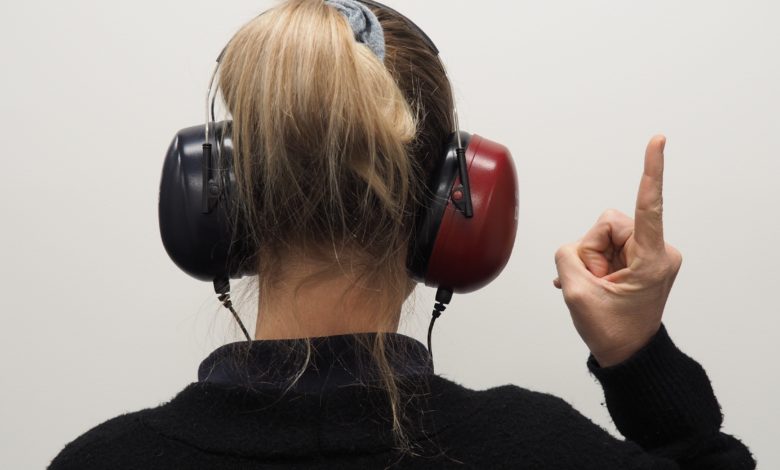
Because there are so many different titles, certifications, and specializations, it may be challenging to decide which type of specialist to consult for your specific ear or hearing concern. When, for example, should you consult an audiologist rather than an ENT? What about consulting with a hearing aid specialist?
To help you choose the most appropriate specialist to assist you with all aspects of your hearing and balance, we’ve put up a primer on each of their roles. We hope this will help you in making an informed decision.
Specialists in hearing aids
A hearing instrument specialist is a state-licensed expert specializing in the diagnosis of hearing loss and the selection and fitting of hearing aids. In addition, they are professionals at finding the most appropriate hearing solution for you, depending on your hearing test results, your lifestyle, and your financial situation.
Adults with common types of hearing loss, such as age-related or noise-induced hearing loss, are the majority of the clients that hearing aid specialists serve. In addition, a pediatric audiologist and, in certain situations, an otolaryngologist is required to treat hearing loss in children, particularly infants, because it can be complicated.
ENT (ear, nose, and throat) specialist
An otolaryngologist, often known as an ENT, is a medical doctor who has received specialized training in the surgical treatment of ailments and disorders of the ear, nose, throat, and muscular systems of the head and neck. Tinnitus, cranial nerve diseases, and congenital problems of the outer and inner ears are all concerns that otolaryngologists deal with. They also treat hearing loss, ear infections, middle ear troubles, swimmer’s ear, balance abnormalities, allergies and hearing loss. After completing a five-year residency in the field, all otolaryngologists must be certified by the American Board of Otolaryngology.
Like an otolaryngologist, an otologist focuses on the ears and their accompanying structures. Their study continues beyond medical school. They are qualified to provide medical and surgical therapy to patients who suffer from illnesses or anomalies of the ear, balance system, or skull base.
Educational audiologist
An educational audiologist is a practitioner who works with children who are deaf or hard of hearing to ensure they have the same opportunities for education as their typical peers. In addition to helping detect a child’s hearing loss, they are the best persons to evaluate how the hearing loss influences students and the rate they learn.
They develop an Individualized Education Plan (IEP) to ensure that the child receives the most outstanding available assistance in the classroom, especially hearing aid choices. As part of their job, they help parents and teachers understand their child’s hearing loss and what they need to do and teach the school community about hearing loss.
What can I expect from a hearing test?
A comprehensive professional hearing evaluation usually takes less than an hour.
1. Your hearing care specialist will most likely start by asking you questions about your general health, lifestyle, and ear health.
2. They will then look into your ear canal, which is the passageway that leads to your eardrum, to examine it. They’ll keep an eye out for additional information on your hearing health. The examination of the ears is painless.
3. During the test, you’ll have to wear headphones and listen to various tones to measure your hearing sensitivity at different frequencies.
Following the hearing test, the results are displayed on an audiogram, a graph that is usually given to you immediately following the exam to show you what you heard. Even if you have a hearing loss, hearing care professional can tell you whether or not it can be corrected with a hearing aid. They can also tell you which sort of listening device will be most effective for you if it can.
Summary
As you can see, there are numerous hearing health professionals to pick from, and the hearing test procedure is entirely painless. Please take a look at their fundamental responsibilities to help you decide who to see for your hearing loss. Once you have been diagnosed with hearing loss, you can receive treatment from the appropriate professional body listed above in this section.
We hope you have found this post to be informative and that you have been able to locate the most appropriate hearing health specialist for your needs and desires. Don’t delay having your hearing tested!




